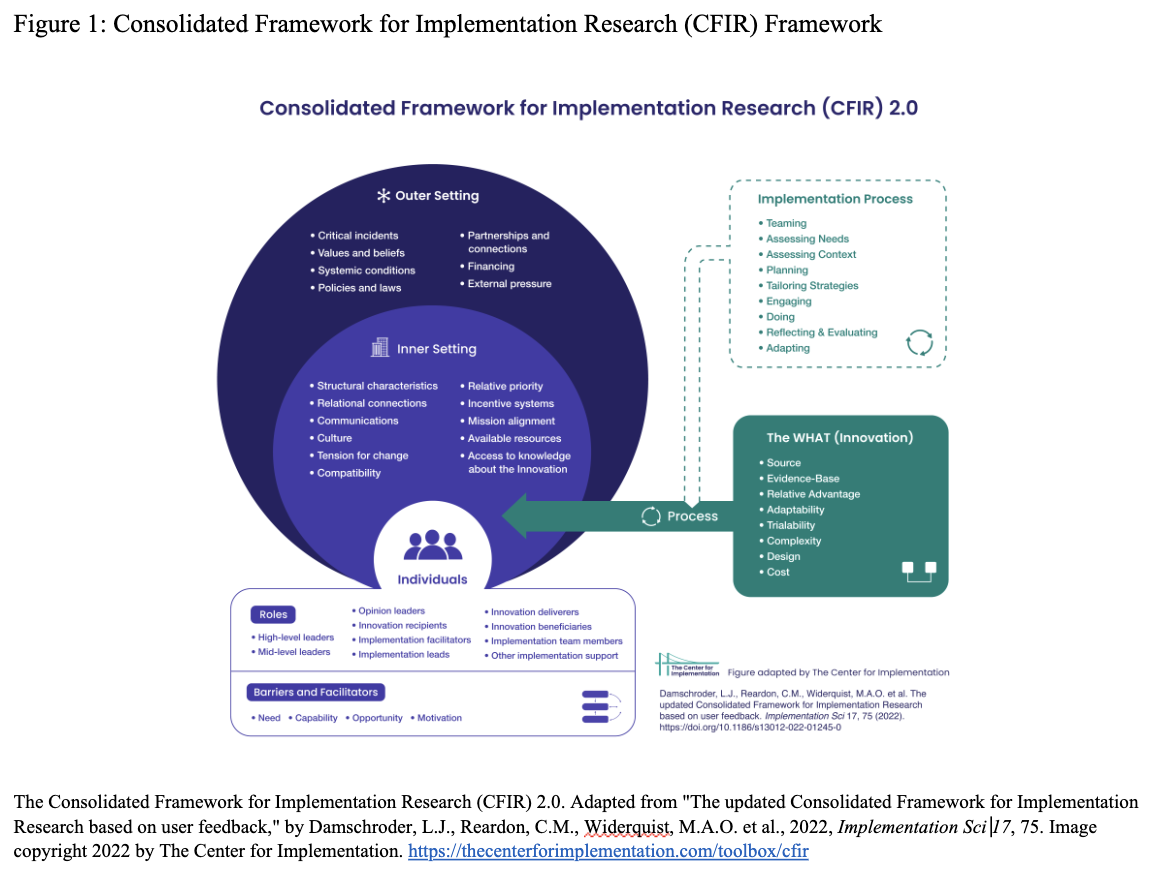General Pediatrics
Session: General Pediatrics 1
231 - Perceptions, practices, and opportunities to address chronic school absenteeism in primary care settings
Friday, May 3, 2024
5:15 PM - 7:15 PM ET
Poster Number: 231
Publication Number: 231.53
Publication Number: 231.53

Michelle Shankar, MD (she/her/hers)
Postdoctoral Fellow
Yale University
New Haven, Connecticut, United States
Presenting Author(s)
Background: The COVID-19 pandemic created major disruptions in learning. Since school reopening, the U.S. has seen unprecedented levels of chronic absenteeism (defined as missing 10% of school days for any reason). School attendance is an important indicator of a child’s health and well-being across physical, behavioral, and social domains. Yet, little is known about current perceptions and practices regarding school absenteeism in pediatric primary care settings.
Objective: To examine perceptions, practices, and recommendations to address chronic absenteeism among pediatric primary care providers and care managers.
Design/Methods: In this qualitative study, a semi-structured interview guide was developed using the Consolidated Framework for Implementation Research (Figure 1). Pediatric primary care providers and care managers affiliated with North Carolina Integrated Care for Kids (NC InCK), a regional child-centered care delivery and payment model, were recruited to participate via email invitation. Interviews were audio-recorded, transcribed, de-identified, and analyzed using a rapid qualitative analysis method.
Results: Twelve interviews were conducted with six primary care providers, five care managers, and one care management advisor across primary care practice settings (Table 1). Qualitative themes (Table 2) included variability in comfort and practice in discussing attendance, reliance on caregivers to bring up attendance issues and relay information between school and health systems, provider- and systems-level barriers to supporting families with attendance, and collaboration across disciplines as a source of support. Providers desire improved knowledge to navigate school systems and community resources, access to school data, streamlined communication between schools and health systems, capacity building for school-based personnel, and systems in place to identify and address underlying reasons for absenteeism.
Conclusion(s): While pediatric primary care providers and care managers believe that school attendance is an important indicator of child health, there is variability in comfort and practice discussing and addressing absenteeism. Respondents noted multiple provider- and systems-level barriers to supporting families with attendance. Provider training, data sharing, and streamlined communication between health and school systems may provide opportunities to address chronic absenteeism. Future work is needed to examine the perspectives of school personnel, policymakers, and families.

.png)
.png)
